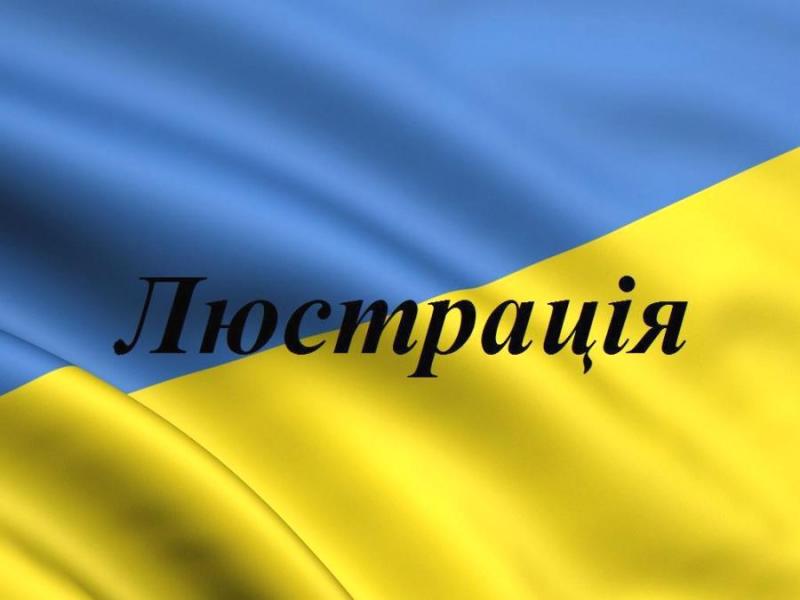I constantly strive to develop and acquire new knowledge, my experience and additional education confirm this.
"Cleansing of power" or "lustration" is a process by which a legislative or judicial decision limits the ability of individual individuals to hold certain positions in state authorities and local self-government bodies, with the exception of elected positions.
In the context of the Law of Ukraine "On Purification of Power" (or Lustration Law), adopted in 2014, restrictions were established for persons who held important positions during certain political regimes, as well as for persons who violated the law during the Maidan or after it . This law provided for a ban on holding certain positions for a certain period of time for such persons.
The main goal of such an event was to restore citizens' trust in government structures, prevent corruption, and strengthen the principles of democracy and the rule of law.
The relevant law should contain such provisions as:
Prohibition on holding certain positions for persons who have connections with corruption or violations of the law.
Duty of officials to declare their property and income.
Conducting anti-corruption checks for candidates for key positions in the government and state institutions.
Mechanisms for removal from office of persons who have violated anti-corruption standards or have a dubious reputation.
These measures are aimed at strengthening the principles of democracy, the rule of law and the fight against corruption in Ukraine. The implementation of these measures requires joint efforts of the government, the public and international partners.
The process of "cleansing power" can often involve court proceedings, especially when it comes to banning specific individuals from holding certain positions.
Court decisions can be decisive in establishing such restrictions or in overturning previously adopted decisions.
In the judicial process of consideration of issues related to the "purification of power", the parties usually present their arguments and evidence before the court. The court analyzes all collected information, following established procedures and legislation, and makes a reasoned decision based on current legislation.
Thus, in connection with the implementation of the Law of Ukraine "On Purification of Power" the Unified State Register of Persons to whom the provisions of this Law are applied was created. This register contains information about persons who are subject to this law, that is, those who are subject to restrictions on holding certain positions in power structures.
The Unified State Register usually stores information about names, positions, place of work and restrictions that are applied to each specific person in accordance with current legislation. This register is usually maintained by government agencies responsible for enforcement of the Clean Power Act or anti-corruption authorities.
Access to the information contained in this register may be restricted for reasons of confidentiality and protection of personal data. However, this information can usually be made available to the public subject to appropriate procedures and legislation on access to public information.
Individual information searching in open-data can be a useful tool for determining the facts of a power purge or lustration. Open data that is available for public viewing and use may contain information about individuals who are subject to restrictions on holding certain positions in government or local government.
































